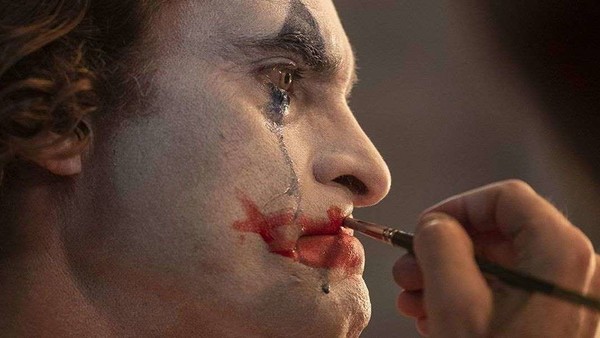The Joker Explanation NO ONE Is Talking About

The script's decision to give Arthur Fleck a condition where he involuntarily laughs at the "wrong things" or at the "wrong times" - despite it being a registered condition classed as the "pseudobulbar affect (PBA) - is entirely in place to facilitate the idea of laughing at things you're not supposed to.
Through the Clown Prince of Crime, Todd Philips has found a character that revels in laughing at things that "aren't funny", and Joker as a film is one giant dissection of that mentality.
Philips makes Arthur Fleck a stand-up comedian, but negates to show us any audience response, positive or negative. It's clear he views the art of stand-up comedy as one of the last vestiges of free, open and experimental thought, even if the emergence of Joker is routed in "not being funny" to people who aren't like him.
Multiple times we see Arthur try to use stand-up as an outlet to understanding the world, but that audience isn't made up of his people. In the end, Arthur's true "performance" comes when his stage is made of a broken down car amidst a riot, bringing a ton of likeminded individuals, the real joke being to stop caring.
To relay this back to a freewheeling comedic mentality, the twisted realisation you're supposed to have, is that you CAN laugh at macabre, twisted subject matter. You can chuckle at a darkly ironic joke where a dwarf is forced to ask Joker to open the door for him, because his own heightist condition prevents him from escaping a murder scene.
Whether you DID laugh; whether you consider these sorts of jokes to be "punching down" or in bad taste, is ultimately on you; it's the formation of personal taste in comedy. I had people next to me in the cinema howling, while these sorts of punchlines just aren't for me, and that's okay.
The point Joker wants to make, is that no two audience members will be the same when it comes to jokes like this, but we are free to laugh, and that brings about all sorts of feelings, from discomfort to group empowerment.
Cont.